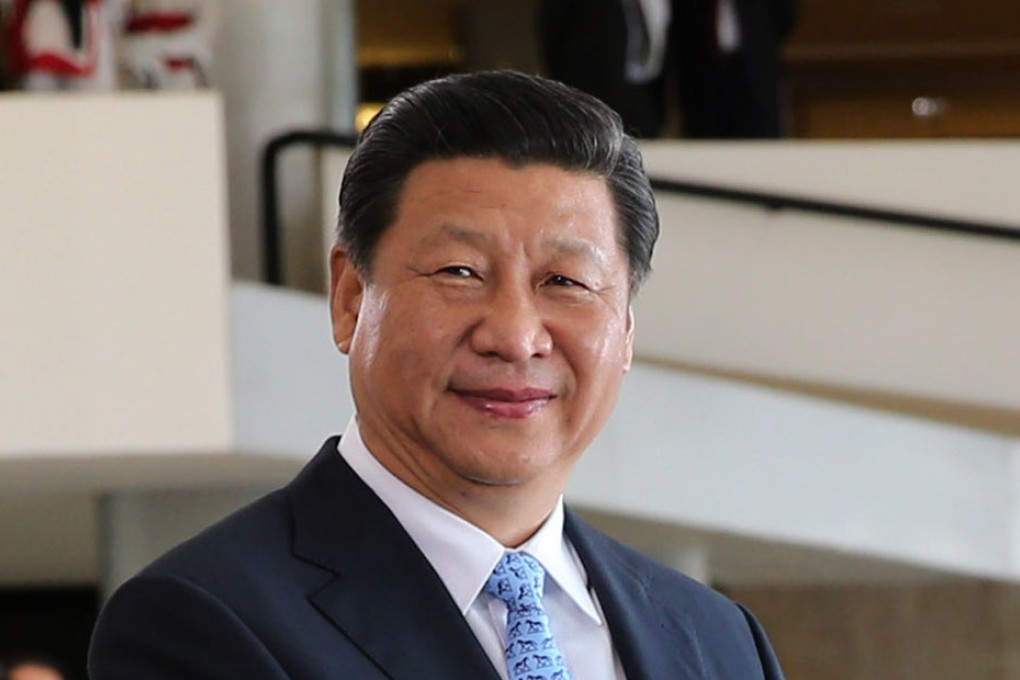My Take | China is far from securing its world role
State sovereignty was the great invention of the 17th and 18th centuries; collective security that of the 19th century.

State sovereignty was the great invention of the 17th and 18th centuries; collective security that of the 19th century.
Every top dog - called by the more impressive name of hegemon in the modern world - that has managed to last a while found a way to address these two seemingly conflicting notions. This partly explains why the British empire and Pax Americana lasted in a way that imperial Japan and Nazi Germany did not.
China has felt humiliated for so long as the underdog that it has become fixated on sovereignty. Now that it has a chance to play a preponderant role on the world stage, it needs to think seriously about collective security. President Xi Jinping may think he has the answer to China's sovereign rights and greatness. He has so far provided no solution to collective security in Asia. Throwing money and opening trade may help a bit, but it does not amount to a coherent security framework. Instead, he is being portrayed as a threat to security.
If China wants to be the top dog in Asia, that must mean an erosion of American "hegemony". Even if China is willing to be the "co-top dog" with the US, this must still spell the relative decline of American influence and prestige.
American dominance has lasted in Asia because it has entailed guaranteeing the security of its Asian allies and friendly states and implicitly their economic prosperity. Its potential erosion, welcome by many Chinese nationalists, must mean increasing collective insecurity in Asia. That has meant rearmament among China's neighbours. If this is not bad enough, a worst-case scenario for an isolated China will be a rearmed Asia while the US under a new president will be more committed to staying in the Pacific.
In the past, Chinese dynasties had their borders threatened or undermined, but China could offer itself as what some scholars call "a civilisation state" with the soft power of values, culture and institutions compared to less developed but conquering neighbours and tribes.
